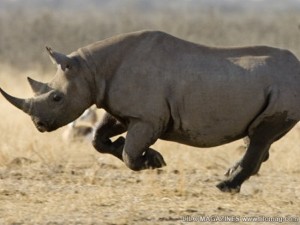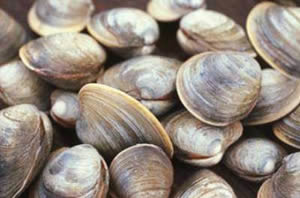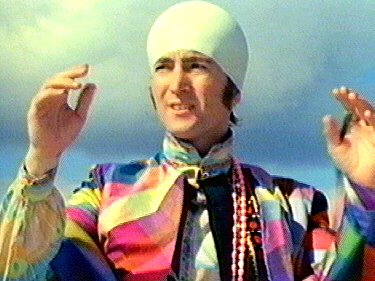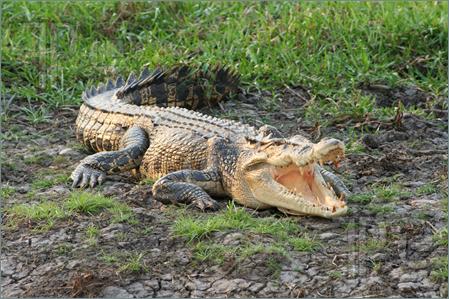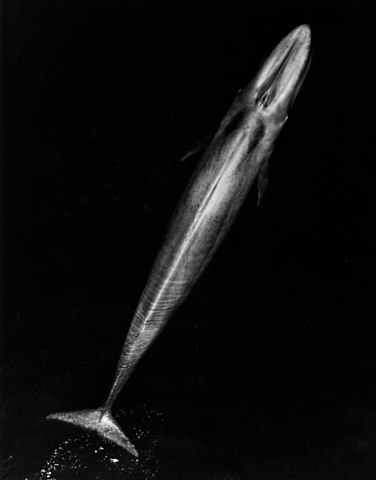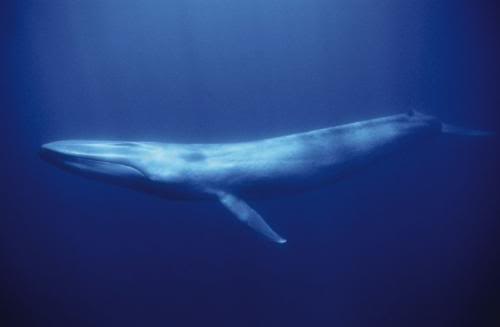Since the dawn of life on Earth, at least 99.9 percent of all species have become extinct. The causes vary but the result is the same. Looking back into history, there have been five major events that have caused mass extinction. These were caused by meteorites, massive volcanic eruptions, a possible comet strike on the planet, and perhaps even a gamma ray burst.
If this sounds outlandish, consider the fact that scientists believe the dinosaurs were wiped out 65 million years ago by a meteorite that hit Mexico’s Yucatan Peninsula.
But species generally become extinct as a result of less dramatic events. Researchers have found that species disappeared due to natural climate change, competition from other species, invasive species (such as cats eating native wildlife), and disease.
More worrying, however, are the causes of extinction that have become predominant in the last couple of hundred years. With a growing global population and consequent demand for food, fuel and resources, humans have played an ever increasing role in extinction. Loss of habitat and human predation have been disastrous for some species. Logging, industrialised fishing and farming, cities expanding into the countryside, poaching, pollution, and greedy hunting practices have all contributed to species either being wiped out or pushed to the brink of extinction.
Short answer: While nature has played a role in making species extinct, the greatest threat posed to animals and the environment in the twenty first century is humankind. A rapidly growing global population, combined with an appetite for the earth’s resources, is causing irreversible damage to nature.
